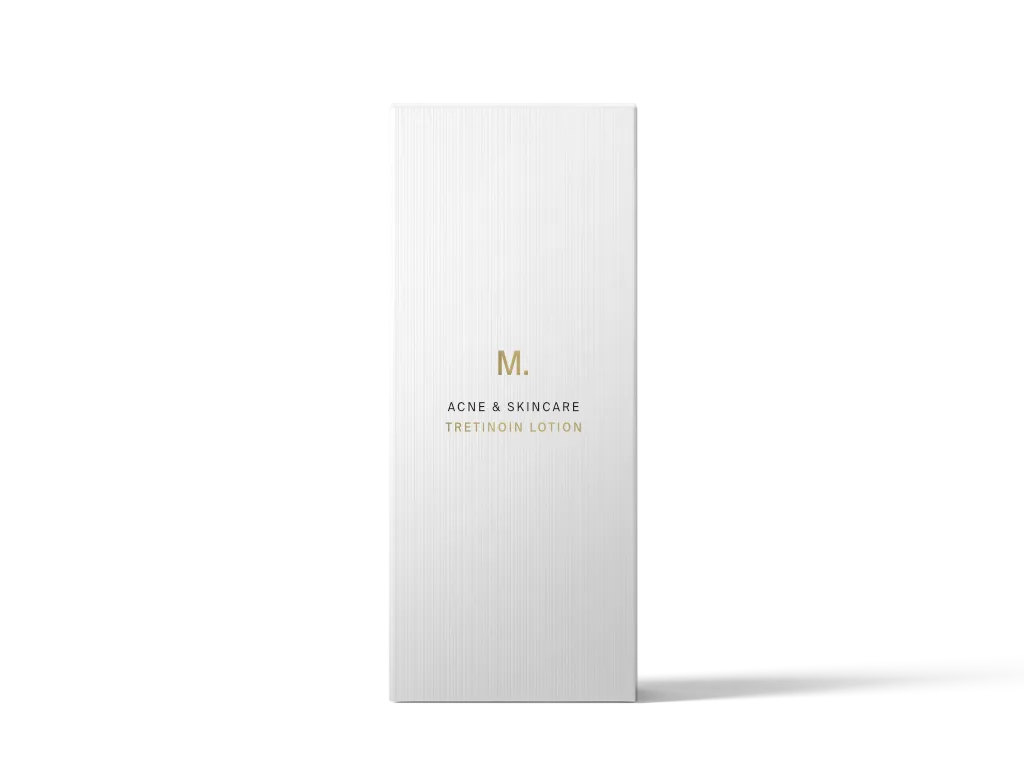What is acne?
The skin contains glands that produce sebum (a fatty substance that protects the skin from drying out and infection). When these glands become blocked or inflamed, pimples form. Acne mainly affects young people between the ages of 15 and 25. Almost everyone develops acne at puberty. In rare cases, acne does not develop until adulthood.How does acne develop?
Glands in the skin produce sebum. When these glands become blocked or inflamed, pimples form. Why some people suffer more than others is unclear. What we do know is that hormonal changes during puberty make acne worse. Certain medications (some drugs, such as steroids, anticonvulsants and antidepressants) can also make acne worse.Acne and nutrition
The relationship between diet and acne is not entirely clear. There does seem to be a link between acne and 1. dairy products, 2. whey protein and 3. hyperglycemic foods (sugar, cereal, pizza etc).Tea, coffee and chocolate
There is no clinical evidence that products containing coffee or caffeine cause or aggravate acne.What can you do about acne?
What you can do about acne yourself: 1. Leave your skin alone as much as possible, 2. Avoid excessive washing, rubbing and massaging, 3. Don't squeeze (only open blackheads can be gently squeezed), 4. Avoid dairy, whey protein and hyperglycemic foods, 5. Avoid using antidepressants and steroids.How to get rid of acne?
Acne eventually heals itself. Want to reduce acne? Then you can use benzoyl peroxide. A doctor's prescription is not necessary. Do you need something stronger? Then use tretinoin. Tretinoin is available and can be prescribed online. A physical doctor's visit is not necessary.

